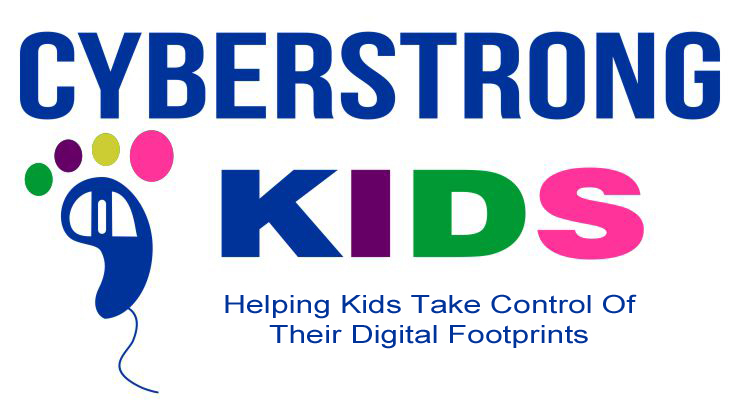Do you want to learn ways to keep your child safe on any app? Most parents do but feel overwhelmed about keeping up.
The other day I received a phone call from Tracy.* She was reviewing her daughter Ashley’s* texts and posts (which is their agreement) and became quite concerned about some of her conversations.
Ashley and her friends have been getting follower requests on Instagram from men they don’t know, and some of Ashley’s friends have been accepting them. Tracy was quite concerned since she thought Ashley’s privacy settings protected her from strangers.
After digging further into Ashley’s texts, Tracy discovered that Ashley has several new apps (Vine, Followers +, Ask.FM) she doesn’t understand. She was feeling really overwhelmed and wondered how she could possibly protect her daughter in such a fast moving and ever-changing cyberworld.
As a parent, you can probably relate. It is virtually impossible to keep up with all of the apps and programs kids use, since they are typically one step ahead of us. This can feel very scary.
The good news is you don’t have to understand them all. There are 5 cybersafety steps that can keep your child safe on any app. It doesn’t matter if you don’t fully understand the app (although I encourage you to take the time to understand as many as you can).
5 Strategies to Keep Kids Safe:
1. Always think about your digital footprint.
Everything we do in the digital world, whether it’s an email, text or post, leaves behind a permanent record. It’s important for kids to understand that even if it feels like a private conversation, it has the potential to become public. Would they want their post on a billboard in front of their school? If not, then don’t hit send. Period.
2. The cyberworld is NOT a safe place to make friends.
Even though kids like to collect followers, they should never accept requests from people they don’t know in real life. People can pose as anyone they like in the virtual world and it can be dangerous. Encourage them to make friends in-person but not online.
3. Trust your instincts.
Explain to your child that we all have instincts that are designed to protect us. If they are doing something online that they wouldn’t want you to see, or feel “funny” about, those are their instincts and they are trying to protect them. Listen.
4. Remember the Golden Rule.
Kids are much crueler in the digital world then in person. With anonymity (especially on sites like Ask.Fm) and the lack of face-to-face feedback, kids are much more likely to say and post things that they would never say in person. Talk to your child about the importance of treating others the way they would want to be treated and never forwarding or reposting embarrassing, mean or unkind posts or pictures. Not only will it be on their digital footprint, they could potentially cause someone else a lot of pain.
5. Get help.
Encourage your child to come to you if they see something they are concerned about. Even though Ashley texted her friend not to talk to a guy she doesn’t know (As she put it, “He could be a murderer!”), she didn’t talk to her mom about it. The good news is her mom was monitoring her activity and was able to intervene. Remember: everything is public in the cyber world. It is not an invasion of your child’s privacy to review his or her texts and posts since they are public.
It is a great idea to have clear rules and consequences with your child about what you expect from them when using technology. Some parents approve all social apps before their child signs-up or deletes an account. Others make it clear that they will be monitoring their activity at regular intervals. I also recommend that you have your child put away their devices before bed since lots of problems occur late at night when they feel unsupervised. Kids love their devices and clear rules and consequences can help them make better choices.
I know it can feel scary to think about how to best protect our kids. The good news is that these 5 strategies can help kids make good choices and stay safe, no matter what program they are using.
I love to hear from you! Do you have any problems that you need help with? What’s worked for you? Please comment below.
*Names have been changed


